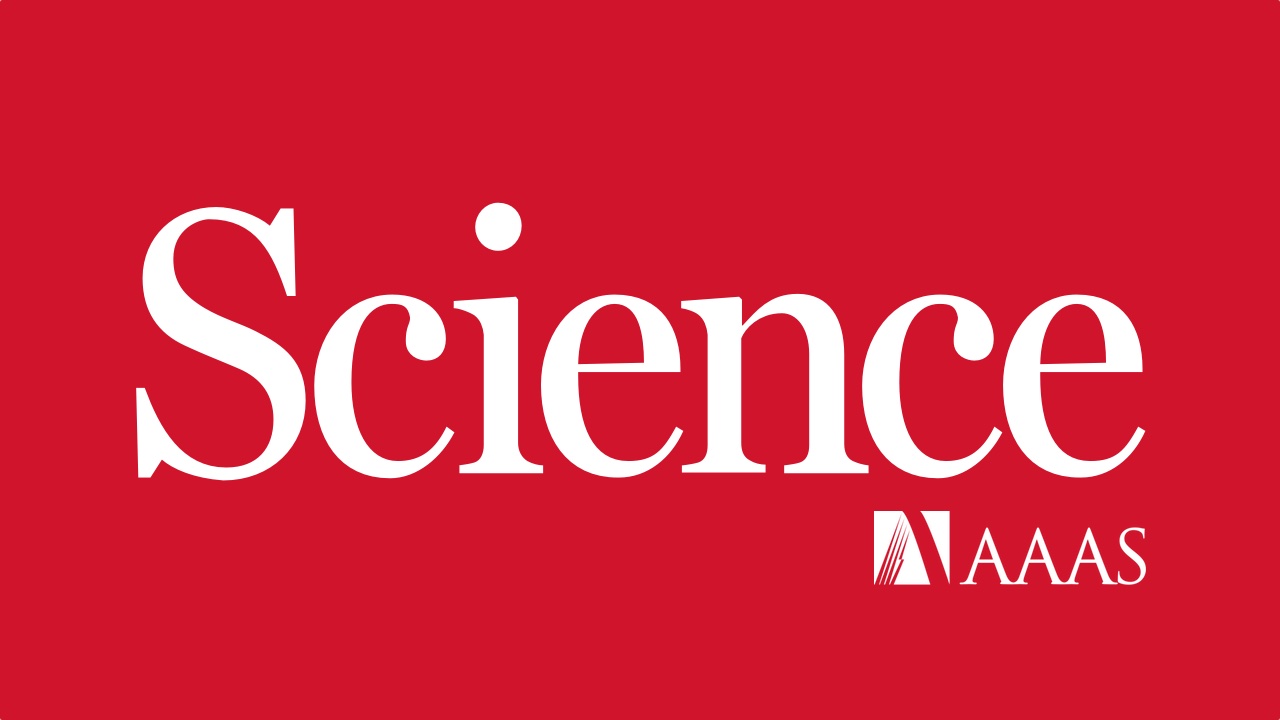About BioQUEST
Our Mission: A transformative, collaborative community empowering educators to drive innovation in STEM education for all students. We provide unique professional development opportunities for faculty and future faculty, extensive support for a wide range of joint projects, and a community that has the broad aim of student success in STEM. We work together to foster the continued development of each member of the community and to promote their success.
The BioQUEST Curriculum Consortium is a 501(c)3 nonprofit organization.
Services
To support our community of STEM education innovation and transformation, we offer the following services:
- Project support
- From ideation to implementation to sustainability
- Examples include website hosting and community building
- Professional Development
- Community Member-focused
- Flexible
- Examples include in-person workshops and online communities of practice, including the Faculty Mentor Network model.
- Open Educational Resource support
- Access to the QUBES Educational Resources Library
- Support in creating, publishing, using, and adapting open educational materials
- Examples include advising authors on current open education practices and supporting participation throughout the OER life cycle, including encouraging educators to share and get credit for their work.
- Scholarship of Teaching and Learning support
- Support faculty in their role as scholars and change agents
- Examples include advising on the implementation of inclusive and accessible practices.
Vision
Our vision is an open, inclusive, supportive community of educators from a diverse range of institutions and STEM disciplines, working together to give all learners a real sense of what science is--interdisciplinary, hands-on, inquiry-based, and integrated with the social context in which we live.
Values
As a community of innovation and transformation, our values include:
- 3Ps- Problem Posing, Problem Solving, Peer Persuasion
- We believe that in order for students to understand how scientists think, they must have opportunities to experience science from the point of view of practicing scientists. The 3 P’s approach provides a framework for engaging students in the breadth of activities scientists pursue.
- We believe that in order for students to understand how scientists think, they must have opportunities to experience science from the point of view of practicing scientists. The 3 P’s approach provides a framework for engaging students in the breadth of activities scientists pursue.
- Faculty as change agents
- We believe faculty are the primary change leaders, and we support a community that fosters their continued growth and leadership across institutions, professional organizations, and disciplines. This includes fostering collaboration among faculty from 2-year, 4-year, public, private, and minority-serving institutions.
- We believe faculty are the primary change leaders, and we support a community that fosters their continued growth and leadership across institutions, professional organizations, and disciplines. This includes fostering collaboration among faculty from 2-year, 4-year, public, private, and minority-serving institutions.
- Open Education
- We believe that open environments, resources, and practices accelerate knowledge growth and learning opportunities.
- Resources that are widely available increase access and innovation; we therefore provide a platform for Open Educational Resources (OER), which are free and openly licensed and can be used and adapted for teaching, learning, and research.
- Practices Open Educational Practice more broadly promote the use of innovative learning environments and pedagogical strategies.
- We believe that open environments, resources, and practices accelerate knowledge growth and learning opportunities.
- Social justice, equity, diversity, and inclusion
- We believe learning environments--including our own online communities and professional development--are made stronger by their diversity and should be inclusive and equitable, with an emphasis on expanding access to opportunities, support, and resources.
- We also believe in using the principles of Universal Design for Learning to ensure that learning environments are flexibly designed to embrace learner variability. Intentional, adaptable design of environments, programming, and materials ensures all learners can thrive.
- Science as interdisciplinary, applied, and socially integrated
- We believe the frontiers in science are largely interdisciplinary and that bringing together faculty from across traditional disciplinary boundaries can lead educators to new and innovative ways of teaching in their own disciplines.
- We believe students benefit from confronting real-world problems with real data and tools and from seeing how science is connected and inseparable from a social, political, and ethical context.

Excerpts about BioQUEST in Communities of Transformation and Their Work Scaling for STEM Reform (Adrianna Kezar and Sean Gerhke, 2015):
- “There is a sense at BioQUEST of being on the cutting edge of biology, anticipating its future.”
- “The community is designed to encourage faculty to move out of their safety zones.”
- “BioQUEST [is noted] as having a culture of creativity; the community does not provide pre-packaged ideas for teaching, but pushes people to develop their own approaches.”
- “An important part of this orientation is the idea of openness—making all materials free and available.”
- “Dissenting voices are encouraged.”
Awards received by BioQUEST and associated projects

American Society for Cell Biology
Bruce Alberts Award for Excellence in Science Education
2010

